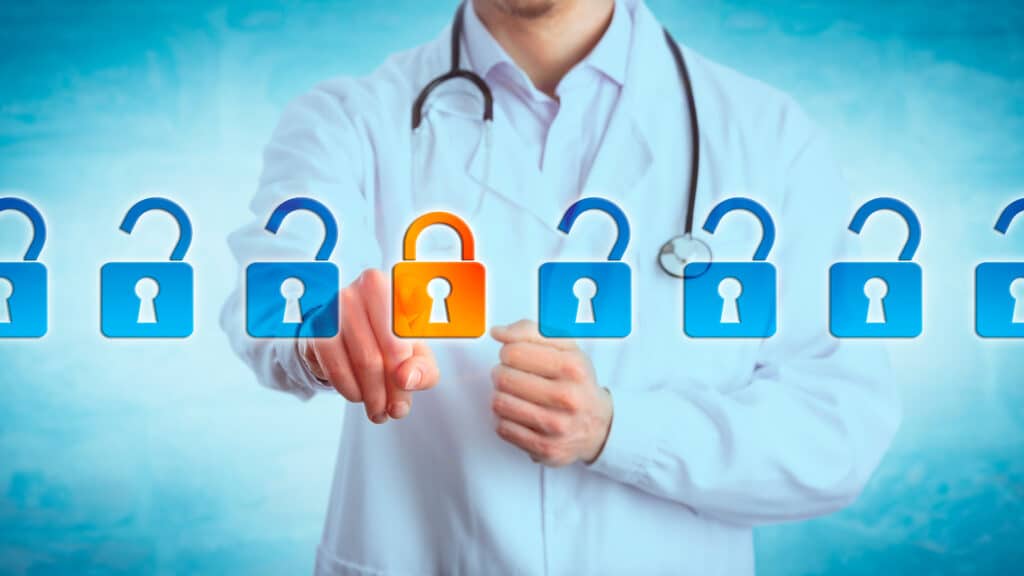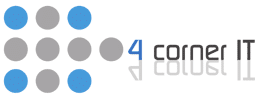Collaboration and Communication Tools

Boost teamwork with efficient collaboration and communication tools like instant messaging and video conferencing. Prioritize seamless interactions and enhanced productivity. Look for user-friendly platforms with security features and customization options. Stay connected through shared documents and virtual meetings. Optimize project clarity and efficiency with the right management tools. Evaluate compatibility and provide training for seamless […]
Surviving the Storm: Mastering Disaster Recovery Plans in Hurricane Hotspots

It’s crucial to have solid disaster recovery plans in hurricane hotspots. This article will guide you through understanding the hurricane threat, assessing vulnerabilities, and developing a comprehensive recovery plan. You’ll also learn how to implement effective communication strategies and continuously improve your plan through testing. With this knowledge, you can confidently navigate the storm and […]
Using Encryption to Establish Secure Connections for HIPAA Compliance

For organizations to protect their data, secure connections must be established. To do this, encryption is used as an effective way of ensuring the confidentiality and integrity of data. Encryption works by scrambling plaintext information into unreadable ciphertext, which can only be decrypted with a key for authorized users. This prevents unauthorized individuals from accessing […]
Magnets Are Not Your Computer’s Friend

When we invest so much money into a new computer system, we need to ensure we do all that we can to protect our hardware from damage. Magnets are one of the biggest risks to computers. No matter how advanced your device is, you need to do all you can to protect it. Let’s look […]
Applying Life Lessons to Improve Your IT

Sometimes it can be challenging to manage your IT solutions, but much of the advice that applies to technology is just general advice for living a good life. Let’s take a deeper dive into these ideas and see if we can use specific life lessons in a business IT setting when it comes time to […]

